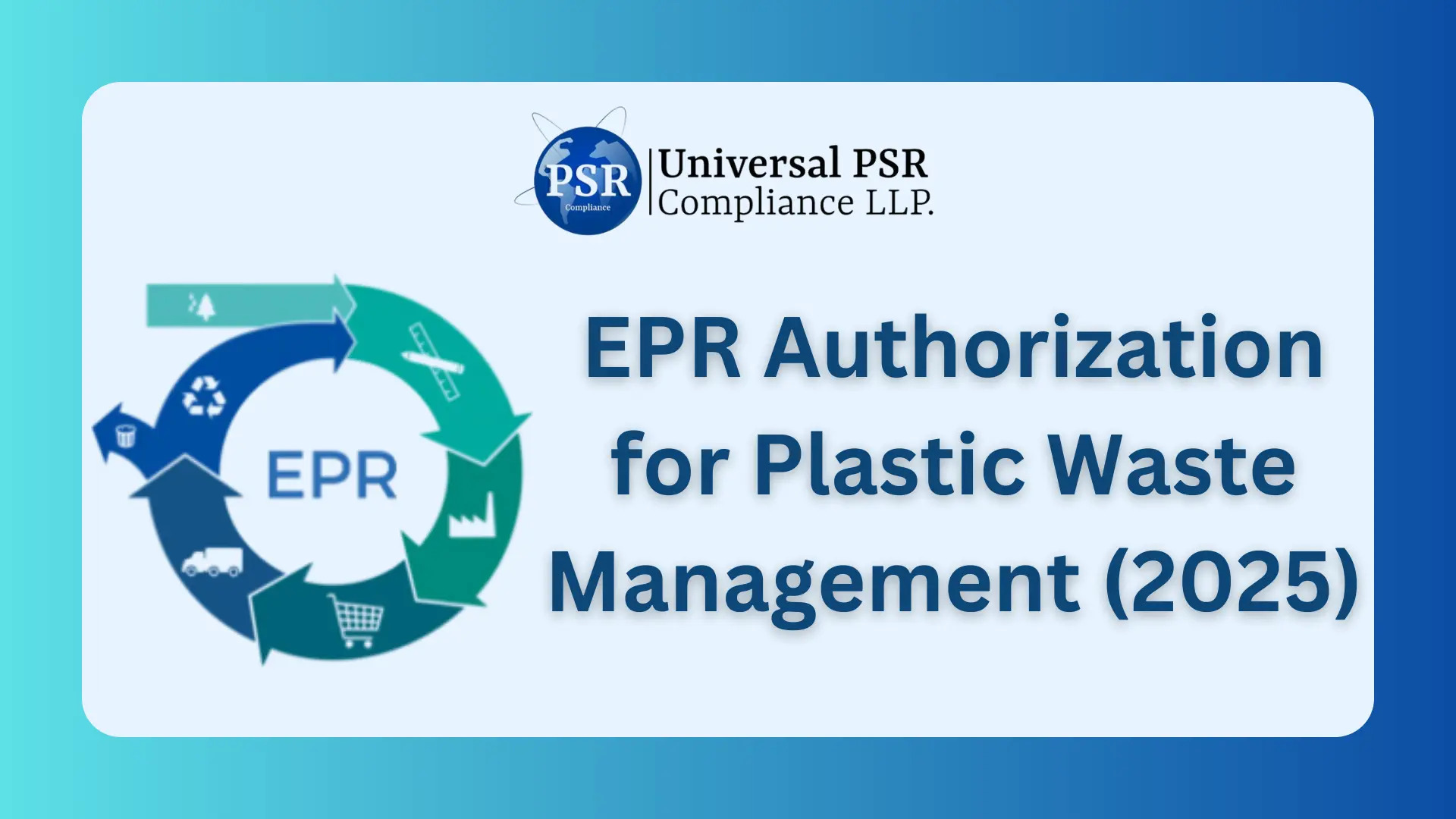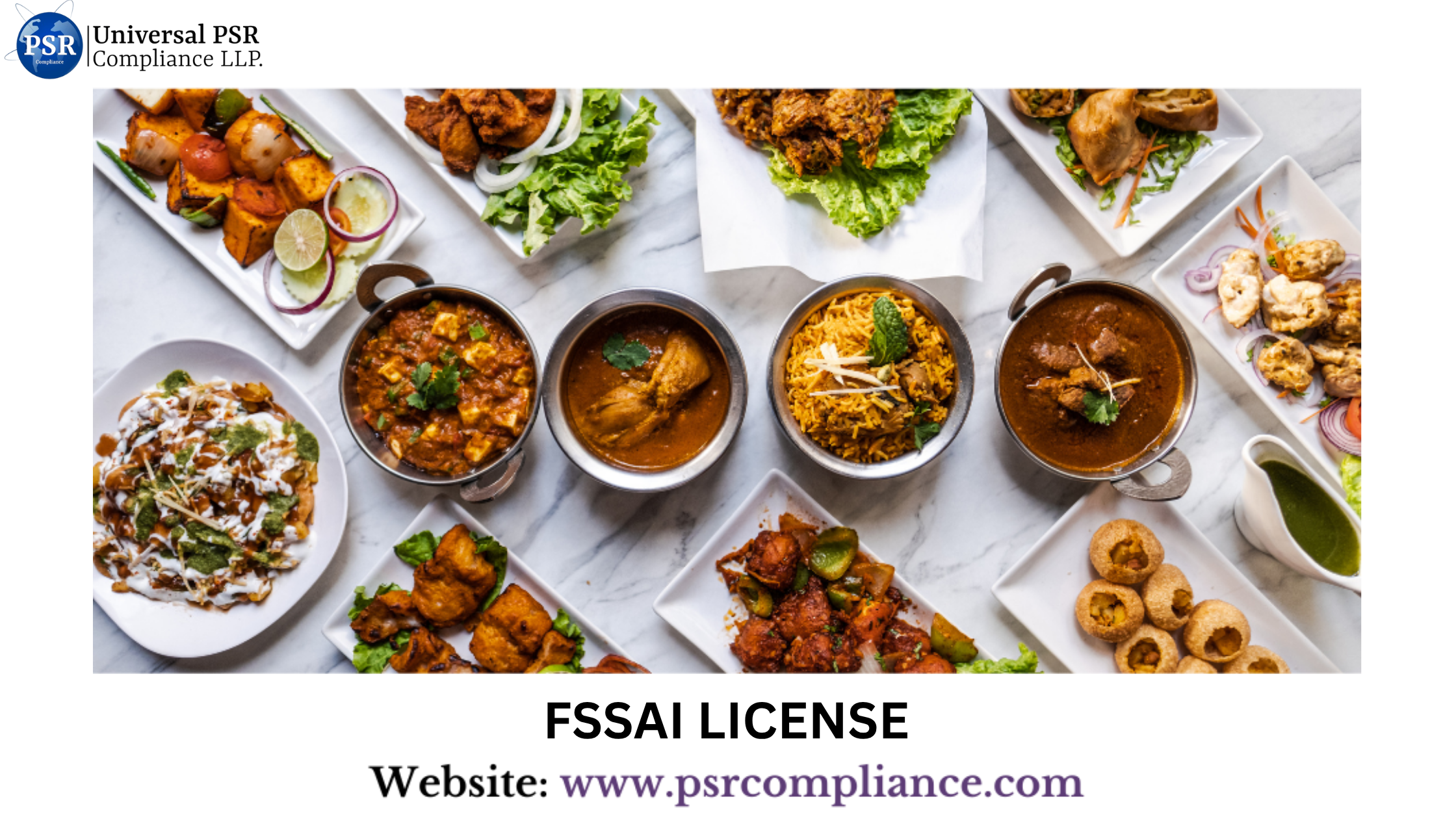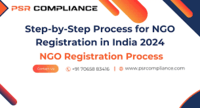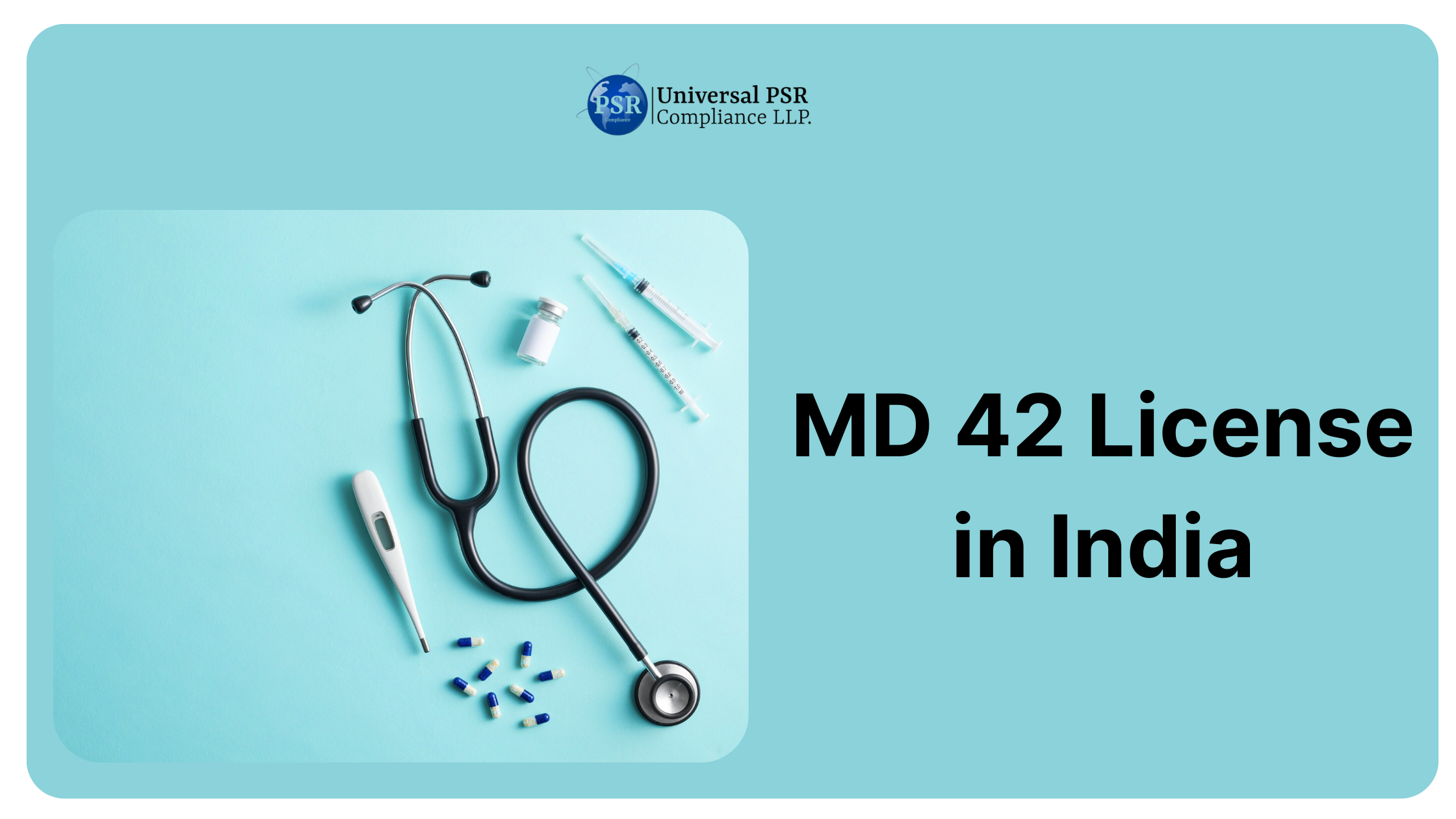How to Start a Cloud Kitchen in India with FSSAI Registration
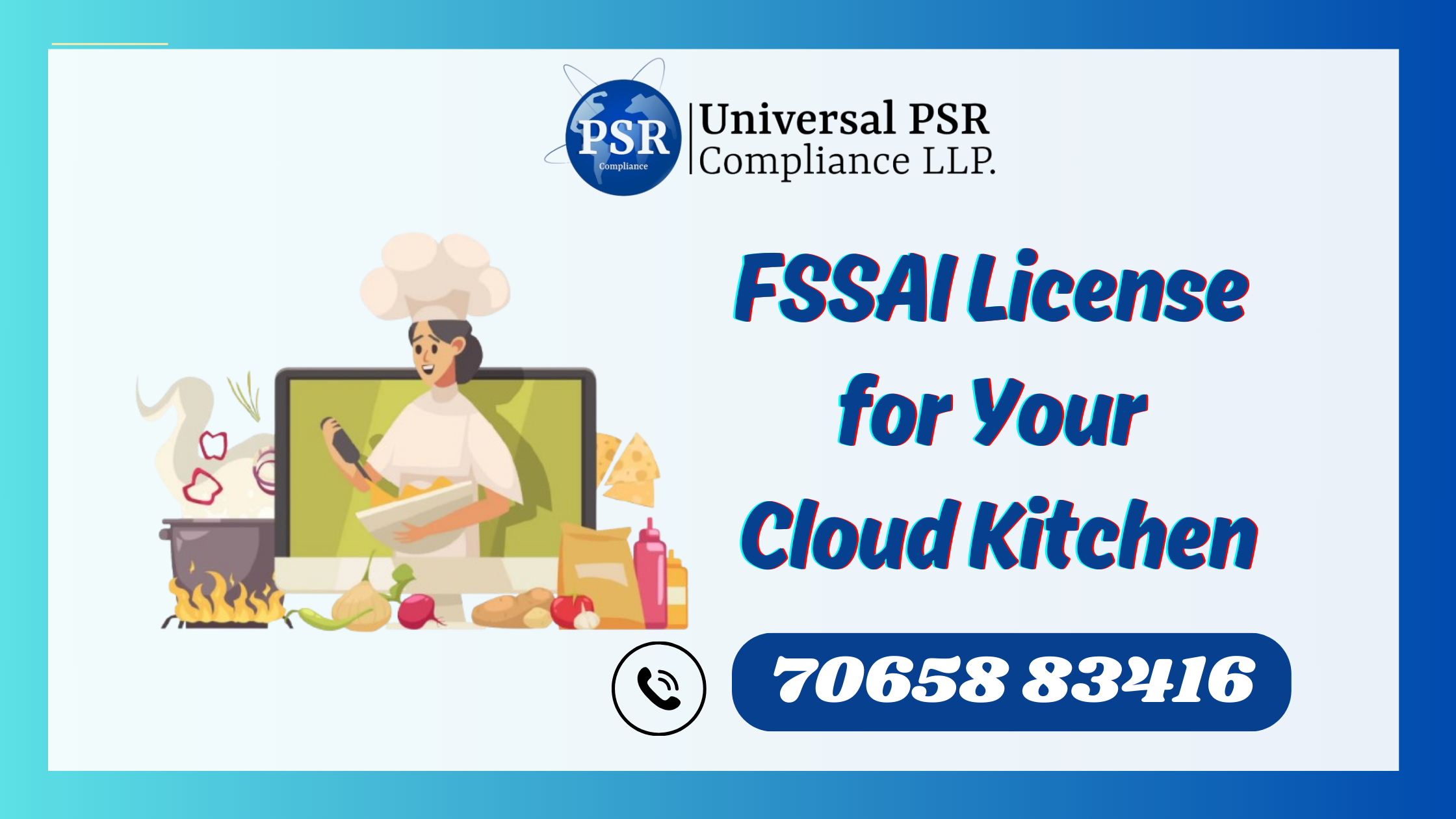
What is a Cloud Kitchen?
A cloud kitchen, also known as a ghost kitchen or virtual kitchen, is a delivery-only food business with no dine-in facility. It operates primarily through online food delivery platforms like Zomato, Swiggy, or its own website. With low overheads and rising demand for food delivery, cloud kitchens are one of the fastest-growing food business models in India.
Why Start a Cloud Kitchen?
Low investment & overhead costs
No need for prime commercial space
Scalable business model
Multiple brand operations from one kitchen
High demand in urban and metro areas
Step-by-Step Guide to Start a Cloud Kitchen in India
1. Finalize Your Business Model
Decide what kind of food you'll serve and how you’ll operate:
Single brand vs. multiple brands
Cuisine type (fast food, Indian, bakery, healthy meals)
B2C (via apps like Swiggy) or B2B (bulk supply)
2. Choose the Right Location
You don't need a high-street location. Look for:
A 300–600 sq. ft. space in a residential or semi-commercial area
Low rent with high connectivity to delivery areas
Kitchen ventilation and basic water and drainage setup
3. Register Your Business
Choose your legal structure:
Sole Proprietorship
Partnership / LLP
Private Limited Company
Register the business with the MCA (for companies/LLPs) or the local municipal authority for sole proprietorships.
Apply for:
PAN & TAN
GST Registration (if turnover exceeds ₹40 lakh or supplying to businesses)
4. Apply for FSSAI Registration (Mandatory)
Every cloud kitchen must have an FSSAI License to legally operate and sell food.
Which FSSAI License Type Do You Need?
Basic Registration: Turnover
State License: Turnover between ₹12 lakh – ₹20 crore
Central License: Turnover > ₹20 crore or operating in multiple states
Documents Required:
FSSAI Form B (duly signed)
Photo ID & address proof
Kitchen layout plan
Rental agreement/ownership proof
Water testing report
List of food items you will prepare
Food Safety Management Plan (FSMS)
NOC from the landlord (if rented)
Application Process
Create an account and log in.
Select your license type and fill out Form B.
Upload the required documents.
Pay the applicable fee.
Await inspection (if required)
Get FSSAI License in 7–60 days.
5. Set Up Your Kitchen
Equip your kitchen with:
Cooking stations, tandoors, ovens, etc.
Storage units (dry, cold)
Exhaust systems and fire safety gear
Hygiene and cleaning setup
Make sure it complies with FSSAI hygiene and safety standards.
6. Partner with Online Food Aggregators
Register your cloud kitchen with:
Zomato
Swiggy
Uber Eats (merged with Zomato)
DotPe, Thrive, or your own delivery app
You’ll need:
FSSAI License
GST certificate
Menu and pricing
Photos of your dishes and kitchen
7. Branding, Packaging & Marketing
Choose a catchy brand name and logo.
Use eco-friendly, sealed packaging.
Promote on Instagram, WhatsApp, and Google My Business
Offer discounts for first-time customers.
List on delivery apps with optimized SEO keywords
8. Hire Staff and Train Them
Hire experienced chefs and helpers.
Train them in hygiene standards and food safety.
Conduct regular quality checks.
9. Ensure Compliance & Renewals
Renew the FSSAI License before expiry.
Maintain daily cleaning and hygiene logs.
Conduct regular pest control.
Maintain billing and inventory records.
Startup Costs Overview
Expense Type Approximate Cost (INR)
Kitchen Setup ₹1,00,000 – ₹5,00,000
Licenses (FSSAI, GST) ₹3,000 – ₹15,000
Rent (per month) ₹10,000 – ₹50,000
Equipment & Packaging ₹50,000 – ₹2,00,000
Staff Salaries ₹20,000 – ₹60,000
Marketing & Branding ₹10,000 – ₹50,000
Conclusion
Starting a cloud kitchen in India is one of the most affordable and scalable ways to enter the food business. But no matter the scale, FSSAI registration is non-negotiable. It ensures your kitchen is legally compliant and helps build trust with customers and partners.
For more info: https://www.psrcompliance.com/blog/how-to-get-an-fssai-license-for-your-food-business
Note: IndiBlogHub features both user-submitted and editorial content. We do not verify third-party contributions. Read our Disclaimer and Privacy Policyfor details.



